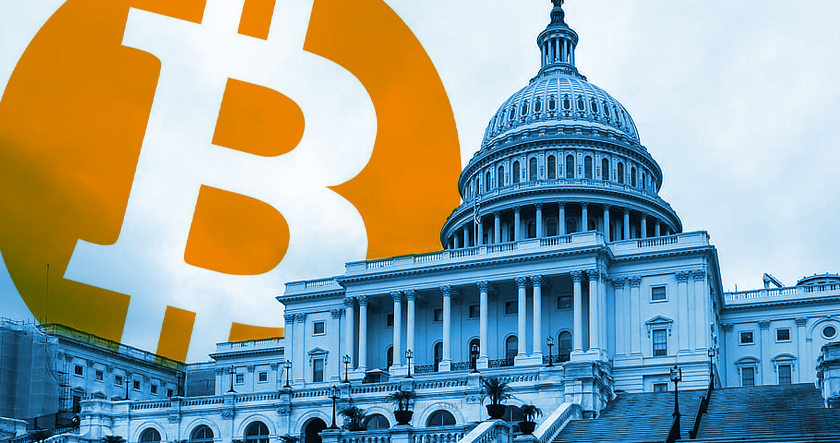A recent article published by the Harvard Business Law Review gave some insight into what the newly appointed head of the Commodity Futures Trading Commission (CFTC) has in store when it comes to crypto regulation. Speaking to the publication, CFTC Chair Heath P. Tarbert explained that all major financial regulators have two primary methods of approach when it comes to creating legislation: principles-based, which allows for a certain sector or industry to develop without constraints, and rules-based, which ensures that no ill practice is done under their supervision.
While Tarbert made it clear that the crypto market shouldn’t be a free-for-all and that regulators should keep a constant eye on new developments, he elaborated on the principles-based approach that the CFTC favors when it comes to creating laws pertaining to the crypto sphere. As Tarbert explains, too harsh of a regulatory approach could stunt the development of a nascent market, a scenario the CFTC is looking to avoid when it comes to crypto.
Tarbert called upon other legislators to not only join the CFTC in creating a proper set of guidelines, but to also share a similar approach so as to not hold back an industry that has developed at an exceptional pace. Tarbert’s views on crypto are reminiscent of those expressed by J. Christopher Giancarlo, who was Chair of the Commission prior to Tarbert’s appointment on July 15 last year and stated that the CFTC and other regulators should avoid hampering the industry through overbearing laws. The crypto-positive stance by the CFTC was also expressed at the BFI Summit in 2018, where the CFTC commissioner lavished praise on blockchain technology and said that it has the potential to change the world.
Tarbert also touched upon the U.S.’ role when it comes to crypto regulation, saying that American regulators should pave the way with legislation that stimulates growth and innovation in the sector. While not directly related, this particular comment somewhat ties to recent calls by various nations for the U.S. to create a digital dollar in order to foster market competition in the wake of China’s announcement that it is finalizing the digitalization of its fiat currency.
The inclusion of crypto technology into the financial sector has definitely been the talk of the town as of late, and the head of the Office of the Comptroller of the Currency Brian Brooks has similar ideas when it comes to giving legacy systems an upgrade. Less than two months into his term, Brooks delved into how the banking system whose inner workings were built in the 1980s was less than ideally equipped to deal with the global pandemic. In Brooks’ view, the current banking infrastructure could use a blockchain-powered overhaul, one that includes a network that is more suited for the digital age and is compatible with either sovereign digital currencies or stablecoins.







